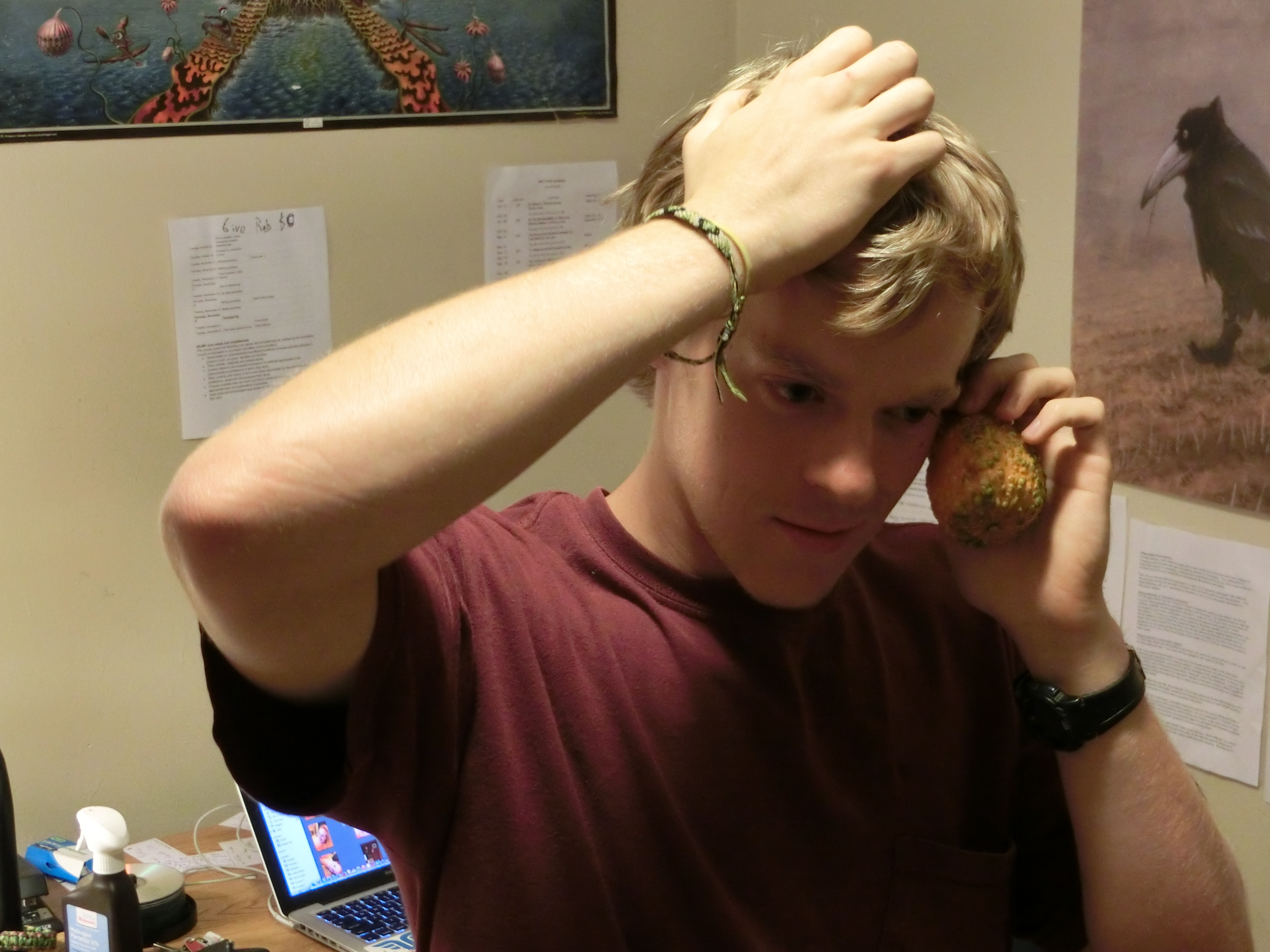
I’m at the point in my life where, having put it off for a few years, I really feel like I should be thinking seriously about grad school. As someone interested in the ecology/evolution side of biology, this means I need to look for an advisor. Problem is, there are a lot to sort through.
Unlike undergrad, where you find a school based on ecosystem-wide criteria that apply to the university as a whole– is it prestigious? Is it in a nice town? Is the student body happy?–, in the world of eco/evo grad school it’s all about the individual level. You’re looking for a single advisor that, in the case of PhD-track grad students at least, will mentor you and guide your research for at least five years, and whose reputation within the field will follow you– for better or worse– for the rest of your academic life. No pressure.
So how do you decide? I’ll walk you through what I’m doing. I’m probably doing it wrong. But maybe that’s the point.
I’m searching through the Chronicle posting of highly-ranked programs and individually looking through each faculty profile, one school at a time. It’s mind-numbing.
There are dozens of schools filled with at least a few dozen faculty in the ecology/evolution/behavior departments. Oftentimes, there’s not a much more direct way of sifting through this barrel of academics than individually clicking through their profiles, visiting their websites, and reading their research interests and recent publications. There’s just no way you could look through all these different profiles and make a decision based solely on research compatibility, as advised by so many tenured professors penning exasperated articles about the “right way” to approach grad school.
So I’ve devised a few different strategies. For one, I’ve narrowed down my list of schools based on location. Maybe that’s not the most “academic” way to do things (who cares if you’re studying in Kabul?? You get to spend all day thinking about heterochrony!). But I really can’t imagine being a productive evolutionary ecologist while living in Manhattan. Sorry Columbia, you’re out. I’d also love to live in Oregon or Colorado, I think, so I’ve been looking at schools there more closely. Sue me if that’s ridiculous. It shouldn’t be.
I’m also half-limiting my search to folks that use reptiles and amphibians as study organisms. I know, I know, “research is all about the question,” as one shocked post-doc corrected me in undergrad after I confided that I was mostly interested in doing lab work for him because I liked snakes. But if the research question, as interesting as it might be, doesn’t pique my curiosity because it’s about diatoms then what am I supposed to do? [Seriously, you have no idea how many poor graduate students out there are studying diatoms when they could be studying king cobras and gila monsters.]
Third, I have to admit that the faculty photos really do make a difference. If it’s blank, you’re out. If in the three decades you’ve worked at your university you could never be bothered to get your picture taken on photo day, or even send your communications person a snap of yourself doing something interesting, we’re probably not going to get along. Same goes if your photo is four pixels wide. Creative pictures get extra points though. Shout out to Dr. James Childress of UC Santa Barbara for sending in an 8-bit, cropped photo of himself in a rally car wearing a helmet.

I don’t know a thing about deep sea ecology but if you’re anything like who I imagine you to be, sign me up to be in your lab.
Other things start to stand out as you continue scrolling through scientists’ profiles. I’ve been doing it for hours in my room today. And I’m getting stir crazy enough that topics like “community ecology” start to seem a bit more appealing just because it sounds like there might be other people involved. Probably not a good way to judge a half-decade commitment to a project but hey, I’m the one in the driver’s seat here– just like Dr. Childress.
Researchers also get dinged if they look really cross in the photos. Smiling is great, not smiling is fine– scowling, though, is scary. Why would you do that? It’s intimidating to send someone an email if it already looks like they’re cross with you.
Another criterion: a nice website, and bonus points for having interactive, lay-level media about your work. Science communication is really important to me and I want it to be important to a prospective advisor as well. Again, talking about communicating with a lay audience while applying for a research degree may be anathema to some folks. But I’m looking for ways to ensure that my time in grad school is productive and enjoyable. Productive because it’s enjoyable, and enjoyable because it’s productive.
Maybe this will limit me to less-than-top-tier schools and advisors. But that’s fine with me. I’ve read enough memes about miserable grad students that I know that’s not what I want. Life’s too short to spend your time doing something that makes you anxious and keeps you away from the people and things you really care about. And your 20s and 30s are shorter still.
